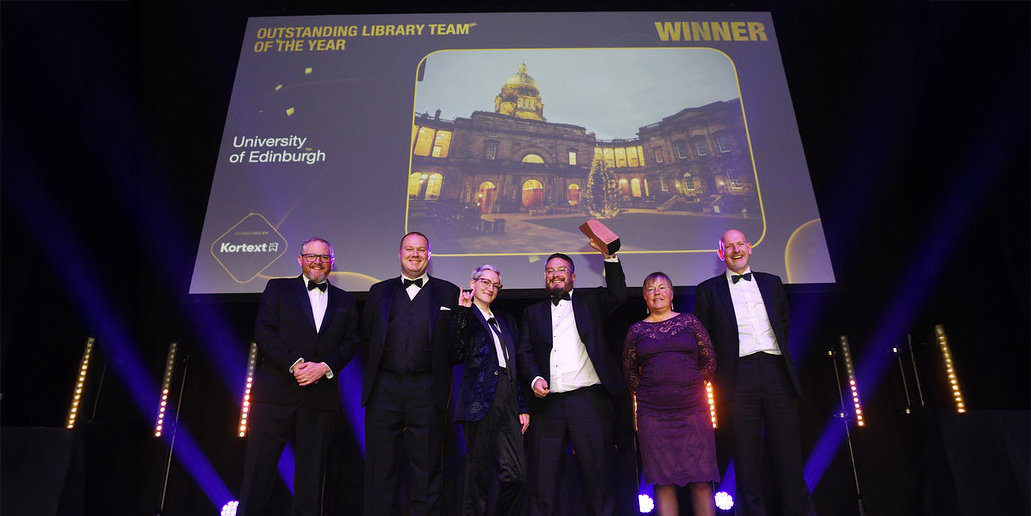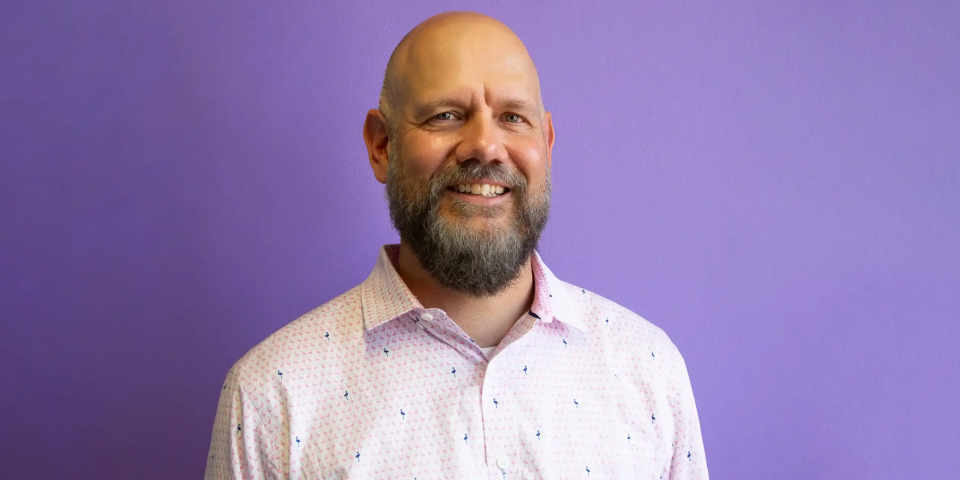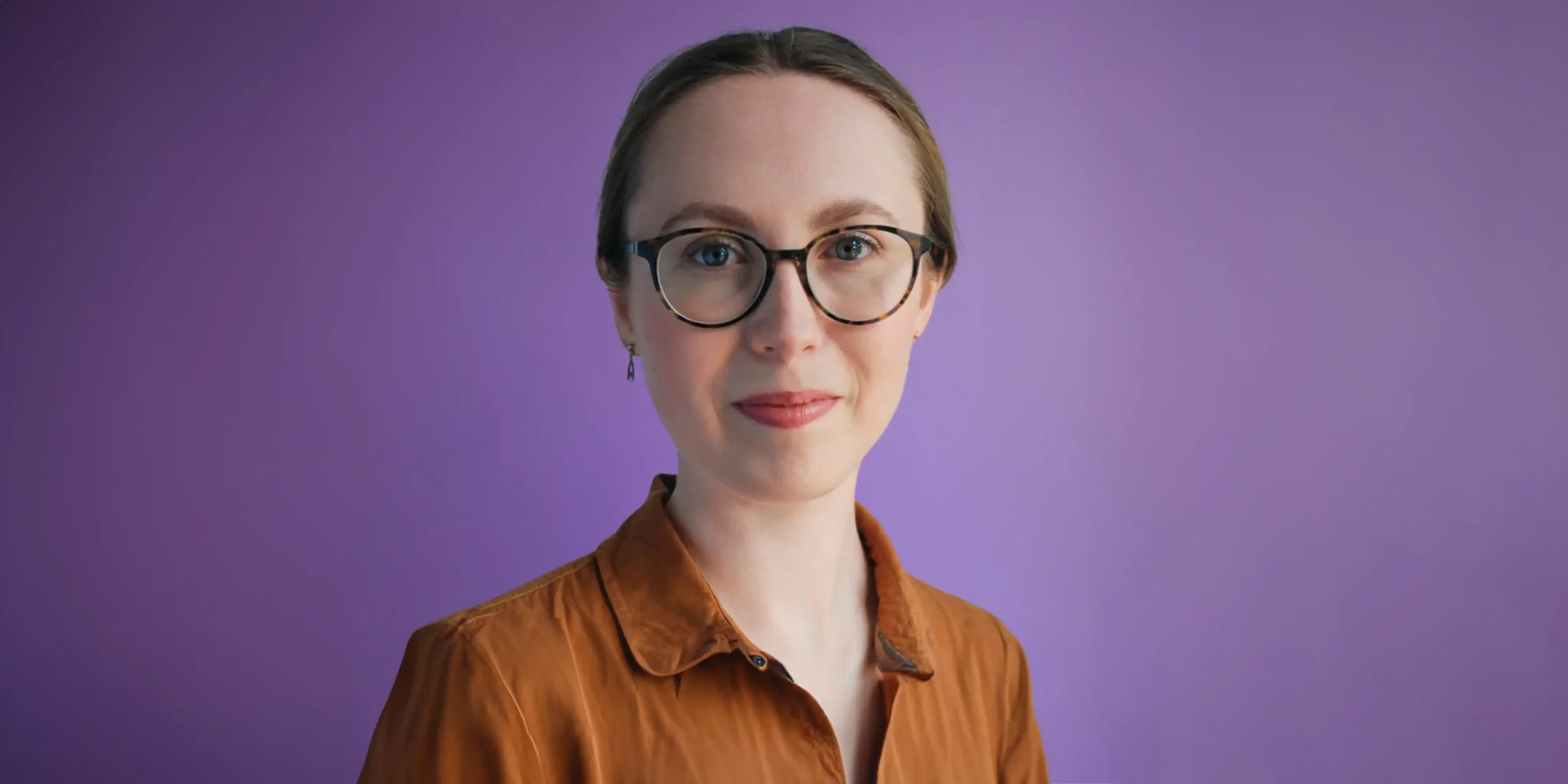An interview with Dominic Tate from the University of Edinburgh
The University of Edinburgh’s Library Research Support Team were thrilled to be crowned ‘Outstanding Library Team of the Year’ at the Times Higher Education Awards in November 2024.
As the proud award sponsor, we spoke to Dominic Tate (Deputy Director, Library & University Collections and Associate Director, Library Research Support) to find out more about their award-winning UK-first rights retention policy and citizen science initiative.
Congratulations, Dominic! What did it feel like to win the award?
It was fantastic and a bit of a surprise! We didn’t expect to win. There were so many strong entries from libraries doing innovative projects. For us, it was a nice end to the year.
Can you provide some background on your winning entry?
Our entry focused on two main areas: rights retention and citizen science.
For rights retention, we created and implemented a UK-first rights retention policy, enabling scholarly work to be published open access while the authors retain the rights to their work.
On citizen science, we provide library spaces to researchers and community groups, along with access to heritage collections and other library resources. We also help to connect our university researchers to the communities around them, facilitating collaborative projects.
However, our entry was broader and recognised a wide range of achievements from the team on areas like data management, research information systems and scholarly communications.
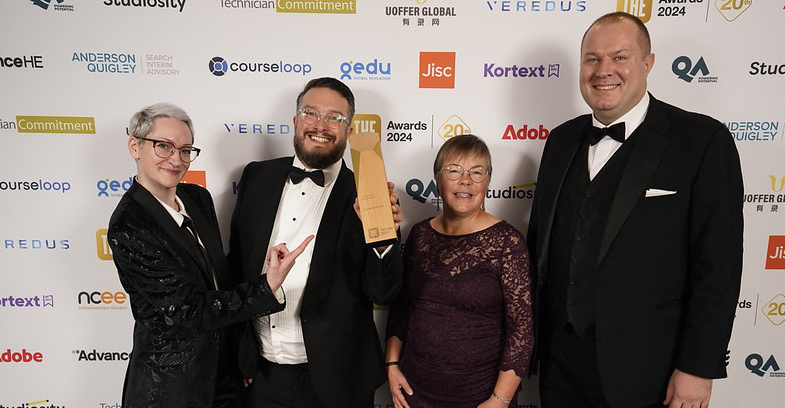
How has the award impacted on the library and the wider university community?
It’s been a huge boost for the team to get external recognition for all their hard work. Within the university, the award has raised the profile of the team. It’s been a great conversation piece for us to share and it’s highlighted our services to the whole institution.
Did you face any challenges in implementing the rights retention policy?
We encountered surprisingly few obstacles. In fact, we had a lot of support right across the university, particularly from our in-house legal services team.
It’s important to mention that we’re by no means the first in the world to implement a rights retention policy. The UKSCL project laid a lot of the groundwork and our policy is based on the Harvard Model Policy, so there’s a lot of existing work that we could draw on.
However, by implementing our policy at the University of Edinburgh and demonstrating positive outcomes, we’ve been able to give other UK universities the confidence to move ahead.
Has the policy changed the way your researchers approach publishing?
The policy means our researchers can continue to publish in their journal of choice while easily complying with often complex funder requirements for open access publishing. However, our researchers are now able to retain full control over their work.
The main difference has been for us in the library, managing the process behind the scenes. We’re no longer applying publisher embargoes, so our workflows are more streamlined.
One of the best things about this policy has been the message we can share with our researchers: keep doing what you’re doing and we’ll take care of the rest.
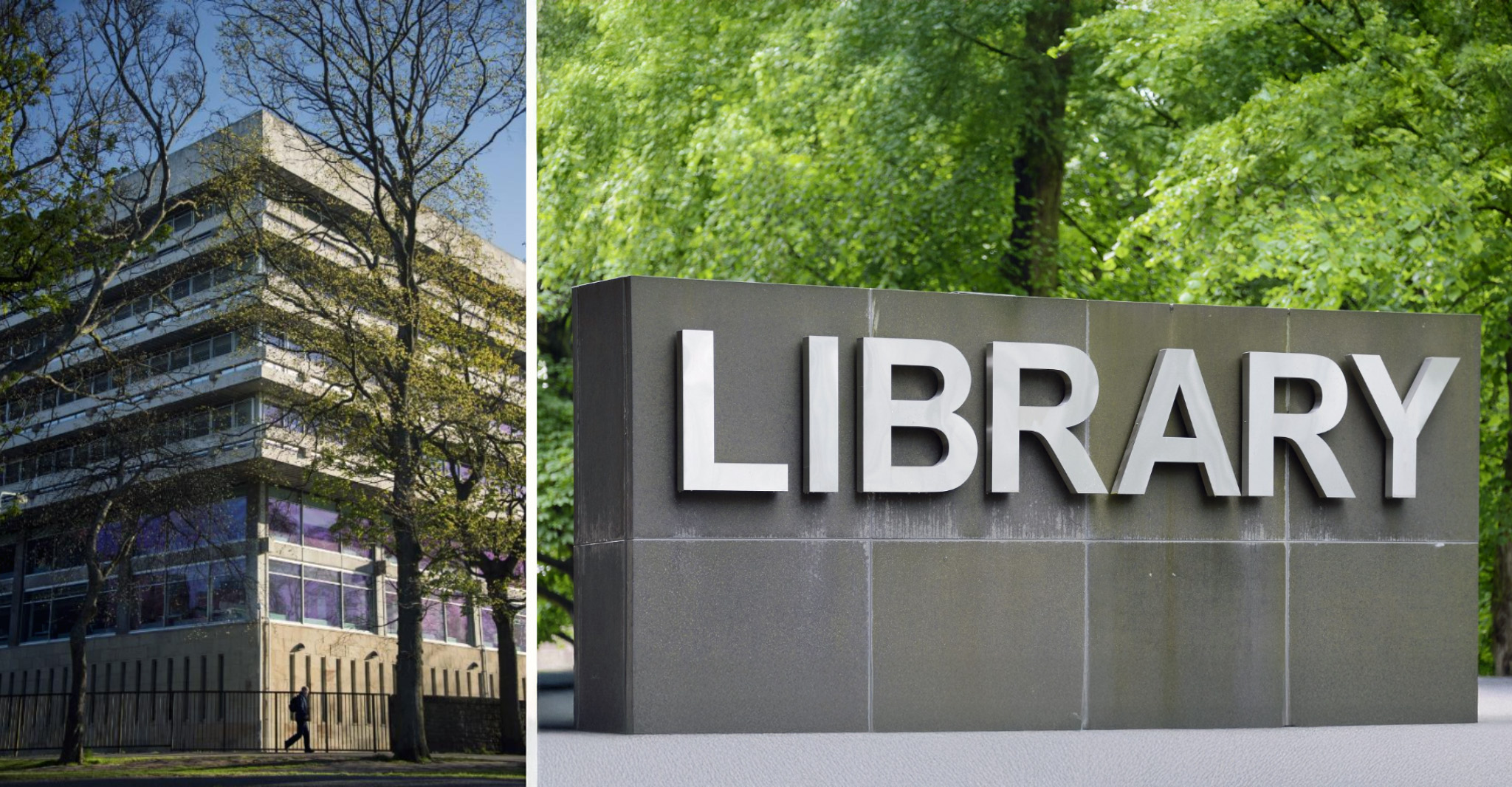
How have people responded to the citizen science initiative?
We’ve had a really positive reaction. I think libraries provide spaces that are much more easily navigable for community groups than perhaps some other parts of a university.
Our library buildings are often centrally located on campus so they’re easily accessible, and we offer neutral spaces that can be less intimidating than offices or laboratories.
It’s all about positioning the library to make sure we can support participatory research and citizen science effectively, whether that’s through our spaces, our services, or our collections.
Have there been any further developments in either of the initiatives?
It’s an ongoing process to manage the rights retention policy within the university.
We’re also working with other universities in the UK and further afield to develop similar open access policies and services. So this is something that’s going to grow and grow.
For citizen science, we’ve now launched the work as a more formal library service called ‘Outwith’, which is a Scottish word meaning ‘outside of’. We’re very excited!
What advice would you give to an institution looking to implement similar policies?
I’d say that implementing a rights retention policy is easier than you think it will be. There are so many examples in the UK and further afield that show it works. There’s nothing to be afraid of.
I think citizen science is a missed opportunity for university libraries. Public libraries and museums in the UK do this really well already and we can learn from them. But we can add value with our heritage collections and by matching our researchers with community groups.
To find out more about the work of the Library Research Support Team, visit this page.

